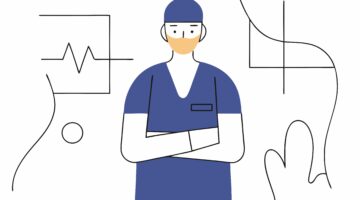MedCity content will be light today in honor of the Independence Day weekend.
TOP STORIES
In a move that will propel it to the top of the Medicare market, Aetna will buy Humana for $37 billion. Humana’s Medicare enrollment totals 3.2 million, but if you add to that Aetna’s 1.26 million Medicare members, it would give the combined company a larger profile in this area than UnitedHealth Group. Aetna previously acquired Coventry. One question being asked is whether the deal will be rejected over antitrust issues. — The Wall Street Journal
LIFE SCIENCE
BIOTRONIK is organizing a clinical trial. BIOWOMEN will focus on cardiac resynchronization therapy response in women and men to determine how women respond to the treatment. It claims to be the first study of its size to investigate the topic. It also seeks to make a case for gender-specific clinical trials of heart failure patients. The trial will include 247 male and 247 female patients in nine countries. — BIOTRONIK
Who have been some of the biggest influencers for the better in making vaccines available? Bill Gates gets a mention as does Jonas Salk. Here’s a roundup. — Forbes
A eBook highlights pharmaceutical industry trends from crowd funding and venture philanthropy for drug development to the push for transaprency to make clinical trial data more accessible. — Your Encore
PAYERS-PROVIDERS
Medicaid health plan Centene will acquire Health Net for $6.3 billion. Health Net will give Centene a larger piece of the senior care market with its substantial Medicare Advantage business. The combined plans will serve more than 10 million people. — Forbes
The American College of Physicians has mapped out strategies for making mental health and substance abuse part of primary care. — Reuters
TECH
Proteus Digital Health, which developed and got FDA clearance for its ingestible sensor, became the first company to get an expanded FDA approval for the device to be used to aid the measurement of medication adherence. — Proteus Digital Health, FDA
A LITTLE BIT EXTRA
A couple of professors at University of California Berkeley and UC Davis have developed a way to do 3D scans of fingerprints as a way to add biometrics to smartphones. — Information Week
Photo: Flickr user S Falkow










